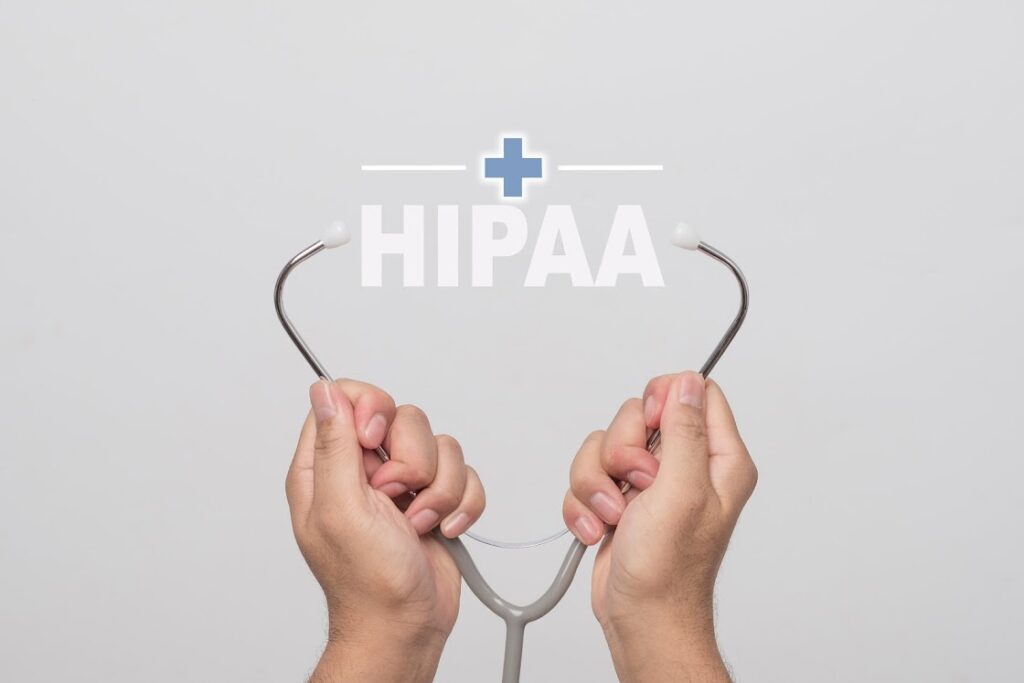The Health Insurance Portability and Accountability Act (HIPAA) was passed into law in 1996. Congress stepped in to manage the problems brought about by breaches in the privacy and confidentiality of patients’ health information. It sought to oversee the way patient’s information is handled, processed, and shared among healthcare institutions. It was amended later on to include healthcare franchises and business associates among those covered by the HIPAA Rules.
The amendments to the HIPAA Rules now require service providers and contractors of covered entities to comply with the same regulations. Some businesses aren’t even aware that they have to comply with HIPAA. If you want to know more information about what does HIPAA require for compliance, you can check them and other websites online. Here are a few suggested ways to help you make sure that your business complies with healthcare laws and regulations:
1. Have A Compliance Handbook/Manual
The key to implementing a consistent and traceable healthcare compliance program in your business is to have a written reference of what everybody has to do. This can be a compliance handbook or manual. It should spell out the standards and guidelines mandated by important healthcare laws and regulations, including the HIPAA.
The handbook or manual should also contain practical criteria which your different internal teams can use to measure their own compliance and performance. It can contain checklists which every team and their members should accomplish in typical situations. It would also help if the roles and responsibilities of all the teams and each member are enumerated and briefly described.
This compliance handbook can also serve as reference which can be used to monitor the implementation of compliance program and efforts in your business. For small and medium businesses, this could be a summary of the compliance regulations and standards mandated by HIPAA and other healthcare laws.
2. Train Your Employees
You should also train your employees on how to implement your compliance policies and program. This is an important part of achieving a high degree of consistency and enforcement of your compliance standards, policies, and programs. Your staff and employees should know what needs to be done in every situation to comply with healthcare rules. They should also be trained on how things should be done.
It’s particularly important to know how your employees handle the coding of patient data and medical billing. They should be given intensive training on their duties and responsibilities in handling Protected Healthcare Information (PHI). It’s important for them to know what they can disclose or share with other teams without having to check the handbook all the time. They need this so they can do their job efficiently without compromising healthcare compliance.
3. Form A Monitoring Team
If you have a large business or healthcare organization, you should consider forming a team assigned to monitor the implementation of your compliance policies and programs. In a number of hospitals, they form multidisciplinary teams so that all aspects of compliance standards can be covered and addressed. Some enlist clinical practitioners onboard to provide frontline experience and a pragmatic approach to admissions coding and medical billing.
For small and medium businesses, they can form smaller task forces which can check on compliance every now and then. Even telehealth practices have to comply with HIPAA. Your monitoring team can also conduct internal assessments and audits. They can discuss adjustments if there are some minor incidents that point to potential gaps in your compliance policies and programs.
4. Perform Internal Audits
Large businesses and healthcare organizations should consider adopting an internal auditing strategy and do their own compliance audits. This will help you find out if there are any gaps, inefficiencies, or other opportunities that can be improved further.
Holding periodic internal audits will help ensure that your efforts to improve are still being followed by your staff. It can also aid in the early discovery of any mistakes which can become high risk routines and activities.
Hospitals and healthcare institutions should have a third party or external auditor other than the monitoring teams of the Department of Health and Human Services. (HHS). The external or third-party auditor should focus on reviewing the hospital processes which involves the handling of PHI. They can focus their review regarding data coding and medical billing tasks and processes.
Hospitals, healthcare institutions, and businesses should make the most of third-part audits. They can direct the attention of auditors towards finding out if there are any processes or tasks which pose high-risk of non-compliance or even a possible breach. They can also focus their efforts on identifying inefficiencies in the workflow to further improve processes and systems.
Conclusion
Healthcare institutions aren’t the only ones required to comply with HIPAA Rules. All businesses that deal with them and handle PHI are now also required to comply with HIPAA. This includes healthcare franchises and business associates. To be able to continue doing business with hospitals and healthcare institutions, you should make sure that your business is also compliant with HIPAA Rules.
